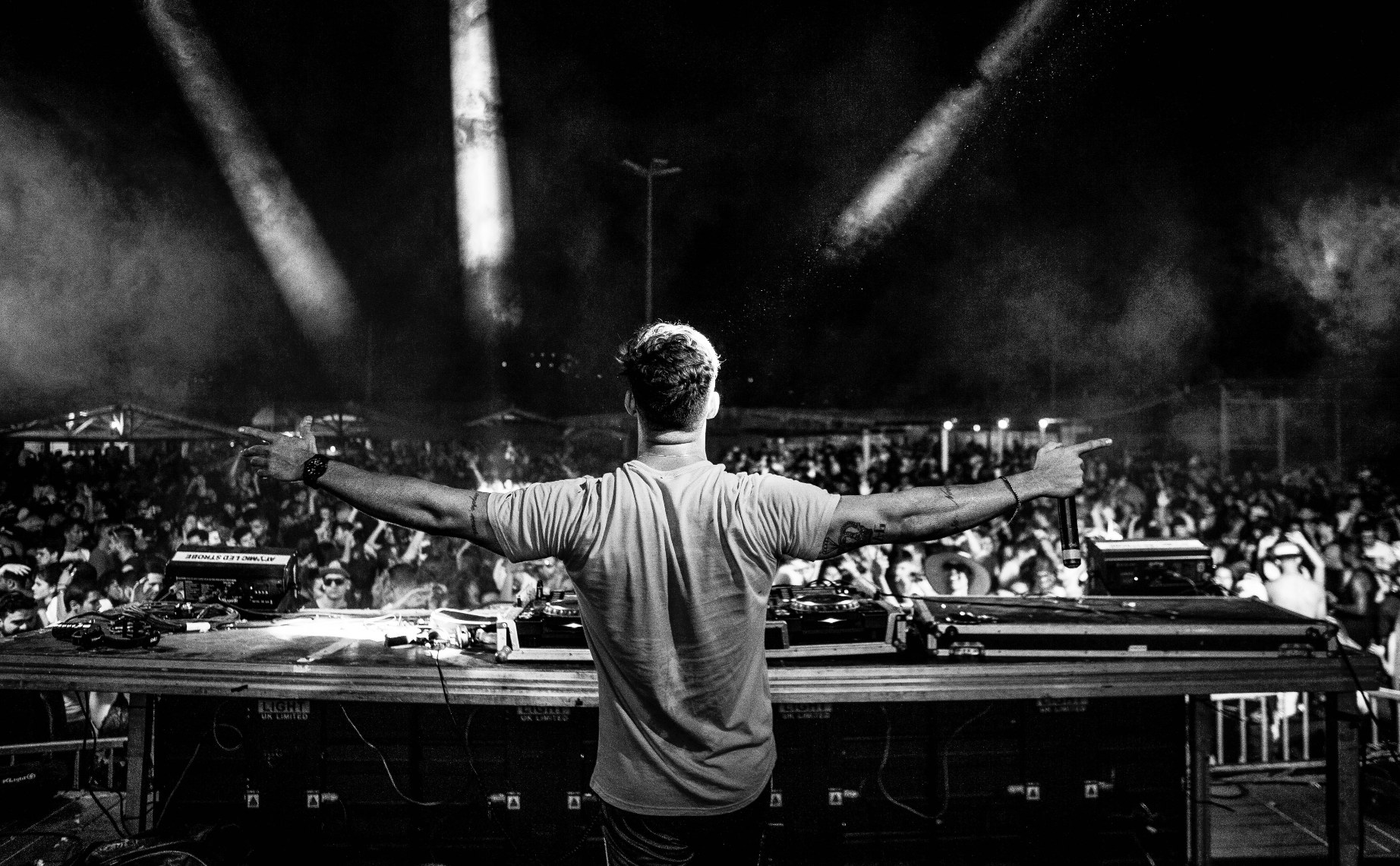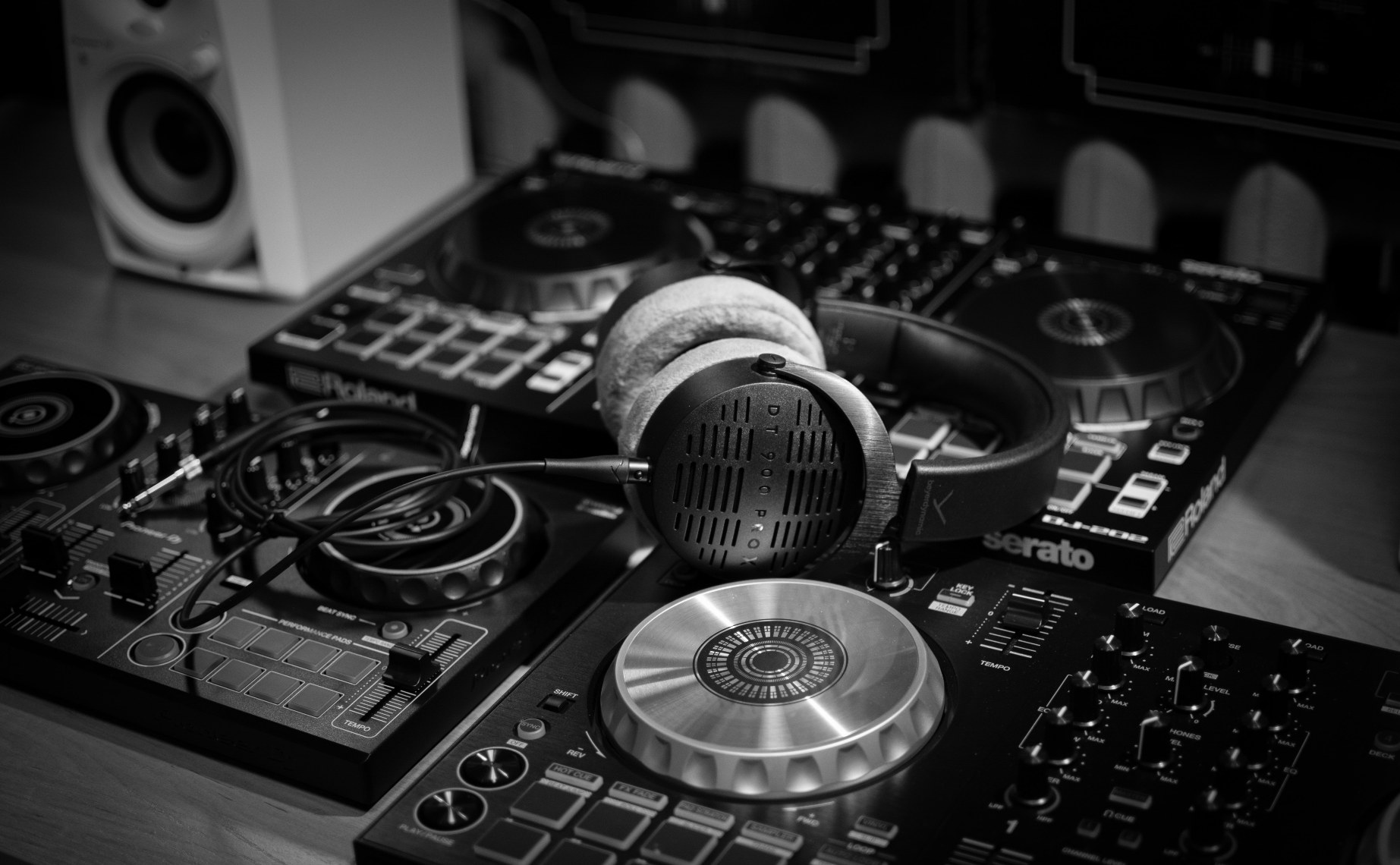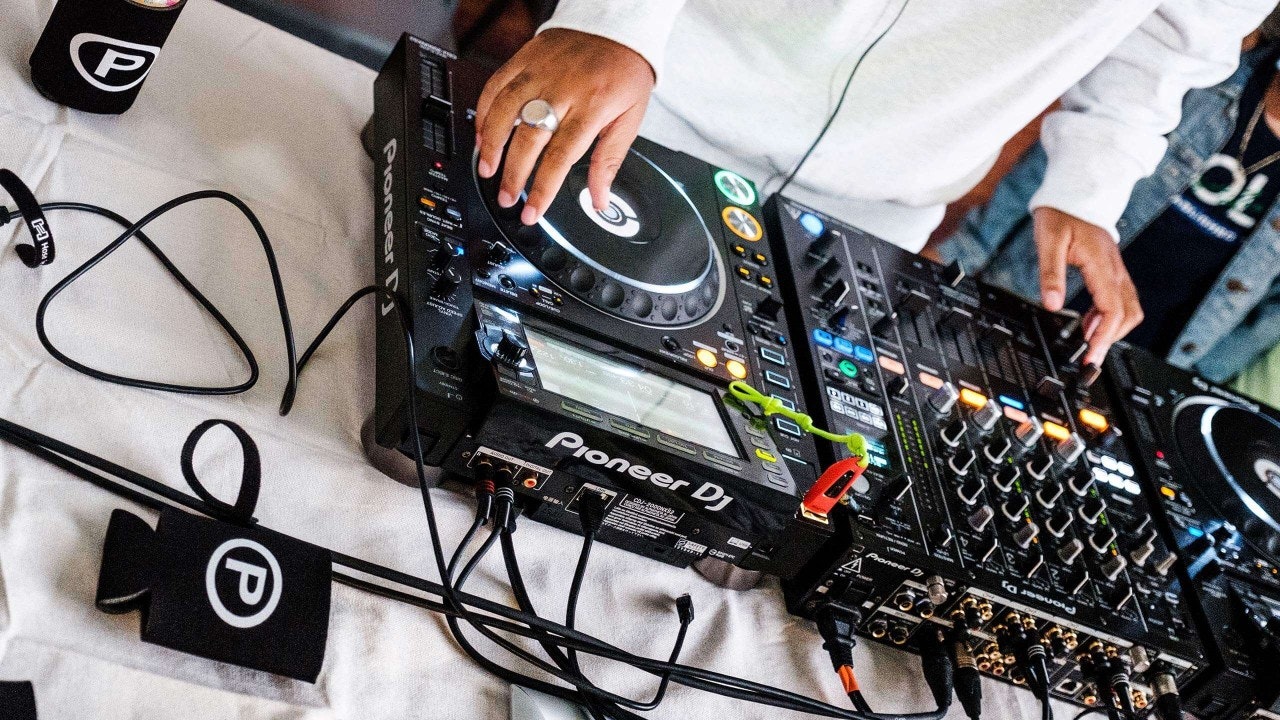
■ Features
Not all artists are professionals or even aspiring professionals. We spoke to some of the enthusiastic hobbyists from inside our studios about the benefits of DJing casually.
Becoming a successful DJ takes a lot of hard work and dedication, and the methods of getting there depend entirely on your goals. If starting a club DJ career is your dream then there is a blueprint for this, but if you are like most people and want to be able to play some music at your friends' parties then the process can be easier.
For many artists, the goal isn’t to get booked for festivals or secure a radio residency. Many have successful full-time careers already and use DJing as a way to relax. For others, the lifestyle that goes along with being a professional DJ simply doesn’t appeal to them.
“I already have a career that I love, DJing is for fun.” — Pirate DJ
In the following article, we take a look at what it means to be a ‘bedroom DJ’, how to start DJing as a hobby and the advantages and disadvantages of being a DJ at various levels.

A fairly dated term, ‘bedroom DJ’ refers to someone who has begun to learn how to DJ in their bedroom.
A 'bedroom DJ' may not be ready for public gigs yet, but they might still have dreams of becoming touring artists. Or, they might be hobbyists who don't earn any money from their skills and just want to get better at mixing songs together for fun or to play at house parties.
Bedroom DJs typically don't have professional DJ equipment due to space constraints. However, in 2022, this doesn’t have to be the case. Pirate’s DJ studios allow bedroom DJs to book by the hour and practice on industry-standard gear without investing a load of money in Pioneer DJ equipment themselves.
Booking with Pirate also means DJs can invite friends along and practice performing in front of a small audience.
If you’re already into music, learning how to DJ is infinitely easier — song selection is arguably the most important part of DJing, so if you’ve already got a great track library, you’re halfway there.
Learning the technical elements such as how to beatmatch and how to control your volume levels doesn’t require any specific training, you can learn these skills yourself using internet tutorials.
Once you’re confident behind the decks, you can reap all of the benefits of knowing how to DJ, such as:
The disadvantages of becoming a DJ, like the advantages, very much depend on why you’re DJing and what you’re hoping to get out of it.
Having weighed up the pros and cons, maybe you’ve decided that DJing is a good career for you. Otherwise, you might have decided that learning to DJ could be a great way for you to relax and unwind. In either case, your next question is probably: is it hard to become a DJ? The answer is yes and no.
There are many types of DJs out there — the distinctions range even further than just whether you're an amateur or pro. Some DJs perform at nightclubs and festivals, others start a mobile DJ career and perform at weddings and corporate events. Each type has its own advantages and disadvantages; however, both can be equally successful if they know what they are doing.
The things a DJ needs to get started mainly centre around equipment. Pirate's studios are a great solution. Otherwise, if you want to DJ at home, just a laptop is enough to make your first mix. Once you progress, you might want to start looking at DJ controllers and different CDJ types.

Being a DJ is stressful when travelling for gigs, late nights and inconsistent work begins to take its toll. However, many amateurs prefer to treat DJing as a hobby in which case it's relaxing.
Deciding on what your ambitions are with DJing isn’t really necessary right away. Many DJs are open to the prospect of taking their hobby to the next level, even if they’re not committed to doing so, like this member of the Pirate community:
“I don't think I'm good enough [at DJing] for now to consider going pro, however I would definitely consider it in the future if the opportunity arises.” — Pirate DJ
If you're hoping to get into DJing, either as a hobby or with a view to going pro, you'll find further DJ practice exercises, interviews and advice over on the Pirate Blog.
